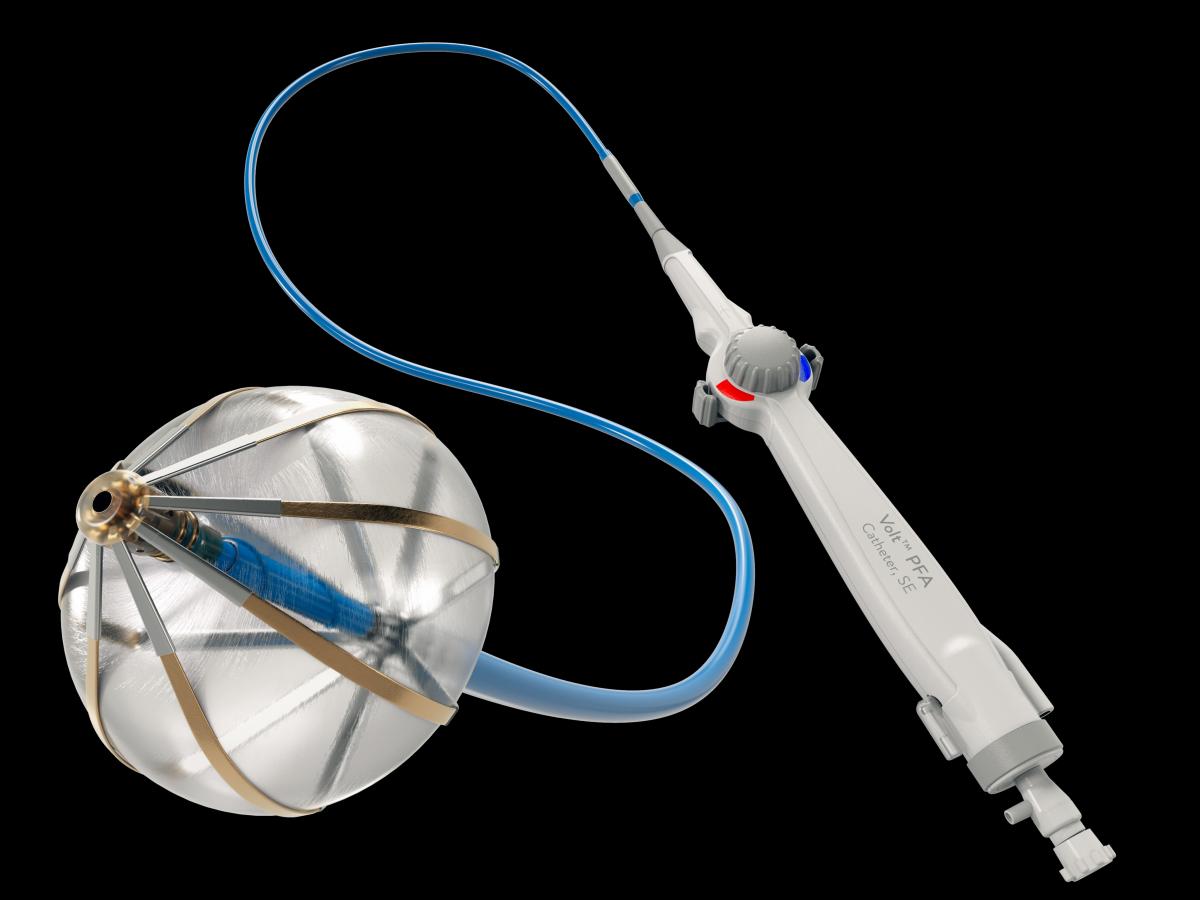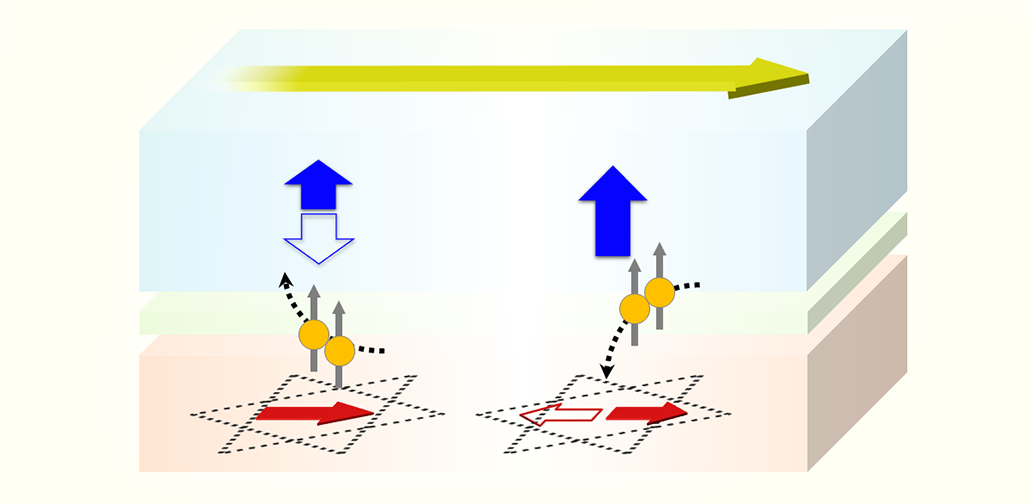
Abbott Volt PFA Catheter. Image Credit: Abbott.
University of Adelaide Professor Prash Sanders has carried out the first global trial of a new device to treat patients with abnormal heart rhythms such as atrial fibrillation.
More than 30 patients in Australia were the first to undergo the procedure as part of a clinical trial to test the safety and effectiveness of the latest ablation catheter developed by global healthcare company, Abbott.
“We have long known that pulsed field ablation could open up an entirely new frontier in how we treat people battling the most complex cardiac arrhythmias. However, like any innovation, early solutions have not been able to fully capitalise on those potential benefits,” said Professor Prash Sanders, Director of the Centre for Heart Rhythm Disorders at the University of Adelaide.
“This new treatment option is a game changer for cardiac care. Our trials indicate that it can address hard-to-treat irregular heartbeats with a level of accuracy and precision that’s never before been possible.”
Traditionally cardiac ablation procedures involve using heat (radiofrequency energy) or cold (cryoablation) to destroy heart tissue responsible for irregular heartbeats.
This new device works by using high electrical pulses to destroy the cells causing the abnormal heart rhythms, reducing the risk of damage to healthy tissue, reducing the procedural time and making the procedure safer.
“This new treatment option is a game changer for cardiac care. Our trials indicate that it can address hard-to-treat irregular heartbeats with a level of accuracy and precision that’s never before been possible.”Professor Prash Sanders, Director of the Centre for Heart Rhythm Disorders, University of Adelaide.
The unique, balloon catheter is inserted into the patient’s blood vessel and up to the heart, allowing for more efficient energy transfer to the tissue. This improves the way the catheter creates lesions that stop the heart’s erratic signals. The mapping system also allows physicians to position the catheter more accurately.
Atrial fibrillation affects around half a million Australians. Symptoms can include palpitations, shortness of breath, dizziness and chest pain. Atrial fibrillation is a major cause of stroke in Australia and can lead to heart failure.
“Daily life for the millions of people with atrial fibrillation can be difficult as symptoms often include palpitations, shortness of breath, dizziness and chest pain, making it critical that physicians treat the issue as soon as possible,” said Christopher Piorkowski, M.D., chief medical officer of Abbott’s electrophysiology business.
“With atrial fibrillation cases expected to rise continuously, Abbott’s Volt PFA System meets a growing demand for a more innovative solution that reduces the patient procedure time and overall hospital stay, getting them back to living a fuller, longer life.”
More procedures have now been carried out in Europe.







